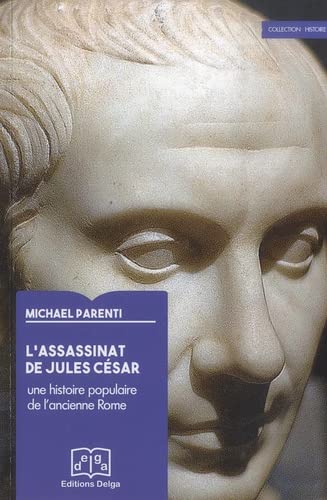What do you think?
Rate this book


220 pages, Paperback
First published January 1, 2003
"Caesar seems not to have comprehended that in the conflict between the haves and have-nots, the haves are really the have-it-alls. The Roman aristocrats lambasted the palest reforms as the worst kind of thievery, the beginnings of a calamitous revolutionary leveling, necessitating extreme countermeasures...Such ruling-class rapacity rarely parades in naked form. Those ensconced at the social apex utilize every advantage in money, property, education, organization, and prestige to maintain their ideological hegemony over the rest of society. They marshal a variety of arguments to justify their privileged position, arguments that are all the more sincerely embraced for being so self-serving."
The prevailing opinion among historians, ancient and modern alike, is that the senatorial assassins were intent upon restoring republican liberties by doing away with a despotic usurper. This is the justification proffered by the assassins themselves. In this book I present an altnerative explanation: The Senate aristocrats killed Caesar because they perceived him to be a popular leader who threatened their privileged interests.